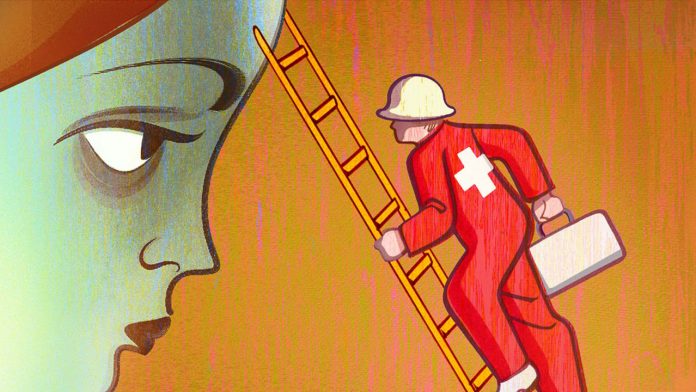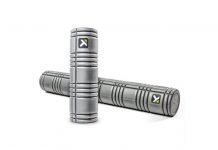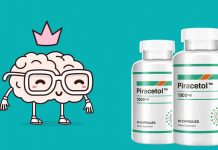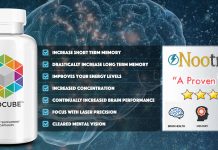
Therapy is a great help to many people, but it isn’t for everyone. If you don’t have insurance, it can be cost prohibitive. And if you don’t like to talk about your problems with a perfect stranger, it’s probably uncomfortable. Fortunately, therapy isn’t your only option.
Here are 5 alternatives to therapy that may work better for you.
1. St. John’s Wort
St. John’s Wort is one of those alternative remedies that has some research to back it up. A National Center for Complementary and Integrative Health review of the research found that St. John’s Wort may work better than a placebo at treating mild to moderate depression. Some studies showed no improvement over placebo, so it may not work for everyone.
A word of caution before you try this remedy: It limits the effectiveness of many prescription medications and can be dangerous with certain antidepressant medications.
Many people swear by this remedy, so it may be worth a shot. But be sure to talk to your doctor before you take St. John’s Wort, especially if you are taking other prescription medications.
2. Guided Imagery
Imagine yourself lying on a white-sand beach with the waves splashing at your toes. Not your happy place? That’s OK. Think about whatever puts you at ease. Guided imagery is a technique that helps you focus on breathing and putting you in a different mental space. When you’re having a panic attack, it can help to picture a place that’s more calming than where you are. But guided imagery may have even more benefits. An International Journal of Neuroscience study found that guided imagery elevates immune system functioning.
3. Therapy Pet
Think about how you feel when you’re hanging out with your dog. If you’re like most people, you probably feel a bit more relaxed. Now, imagine taking your dog everywhere you go. If you have severe anxiety, this may become a reality.
A therapeutic pet is simply trained to be there for emotional support, which can be a huge help for someone who suffers from mild to moderate anxiety. Many people can train their own dogs to be therapeutic animals. This way, your dog will be allowed to go anywhere a service dog can go.
If your anxiety is more severe, you may consider getting a psychiatric service dog. These dogs can help by bringing medication or a phone during an anxiety attack, leading you to help during a crisis and applying pressure to your chest to create a calming effect.
4. Refuge Recovery
If you’re recovering from alcoholism or substance abuse, depression and anxiety are common. You may want to try a technique called refuge recovery. This is a form of mindfulness that’s specifically tailored for addicts in recovery. It is based on Buddhist principles, but refuge recovery doesn’t require you to become Buddhist or change your spiritual beliefs. The practice involves meditation, wise actions and compassion.
If you’re interested in this approach, click here to find approved treatment centers.
5. Mental Health App
If you’re looking for something that can help you on-the-go, try one of the many mental health apps available on Google Play and iTunes. Here are a few of the top apps to help fight anxiety:
Anxiety Free – This app is based on hypnotherapy. You listen to an audio recording to learn the technique at your own pace. Then, when you’re having an anxiety attack, you can listen again and practice.
Nature Sounds – Many people use this app to help them fall asleep, but it may also work in times of crisis when your blood pressure is rising.
The Worry Box – The Worry Box app lets you write down your worries and categorize them. You can decide if it’s important, unimportant, controllable or uncontrollable. Then the app will give you ideas to help manage your worries based on their category.
Just because you’ve decided not to see a therapist doesn’t mean you can’t get better. Take matters into your own hands by trying one or all of the techniques on this list. Most are free or cheaper than therapy, so you have nothing to lose but time.
Read our full review about one of the best nootropic supplements: Mind Lab Pro



























